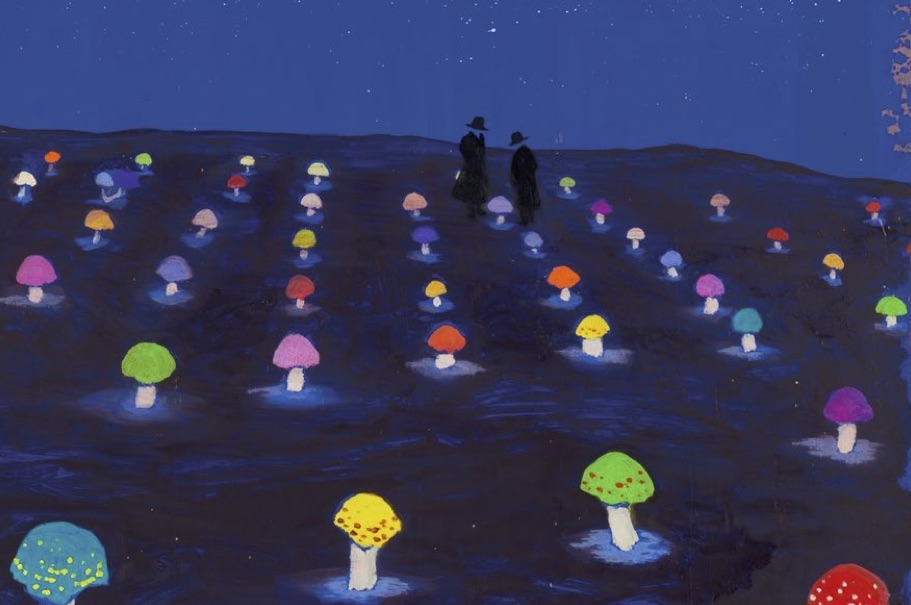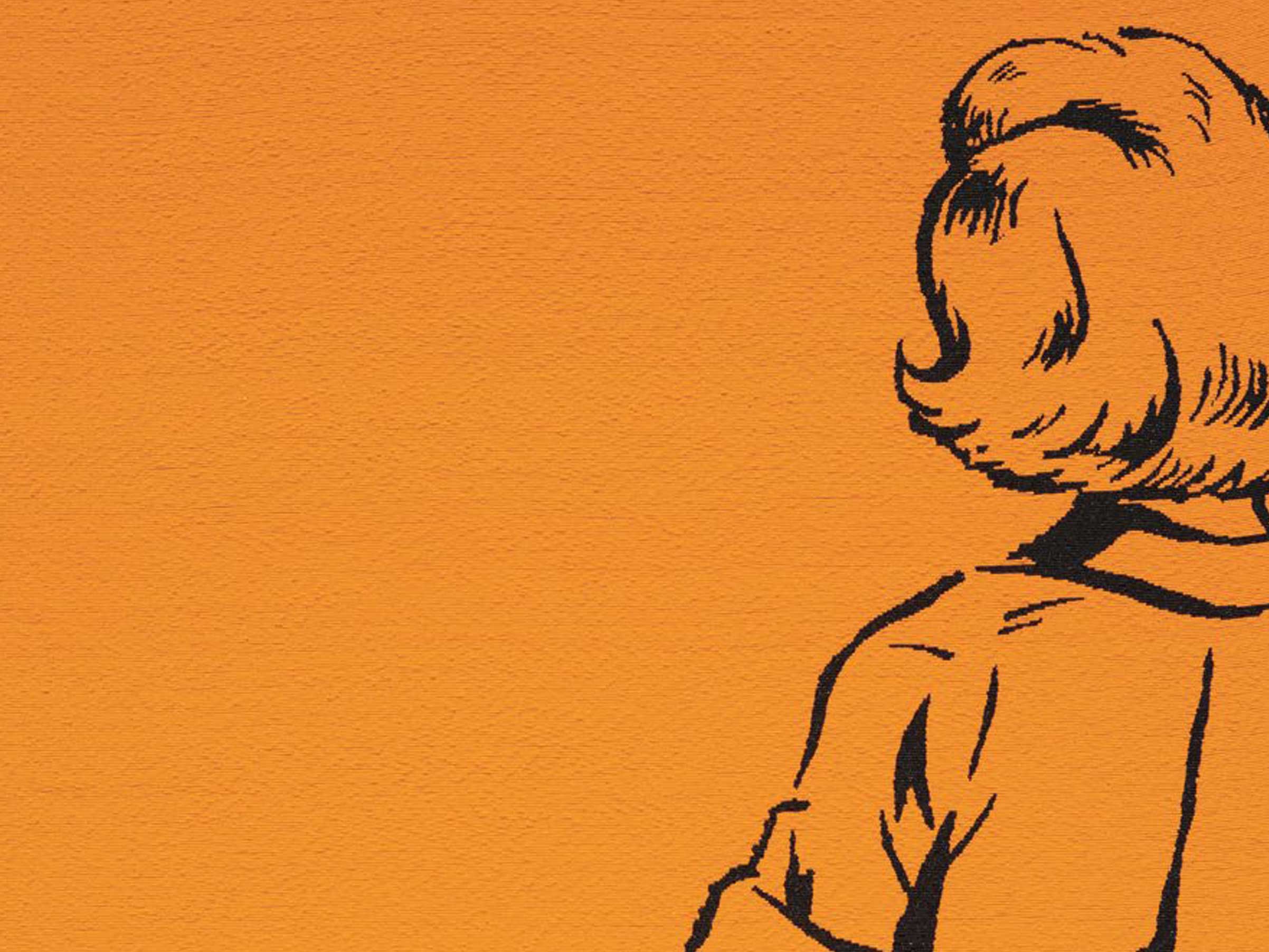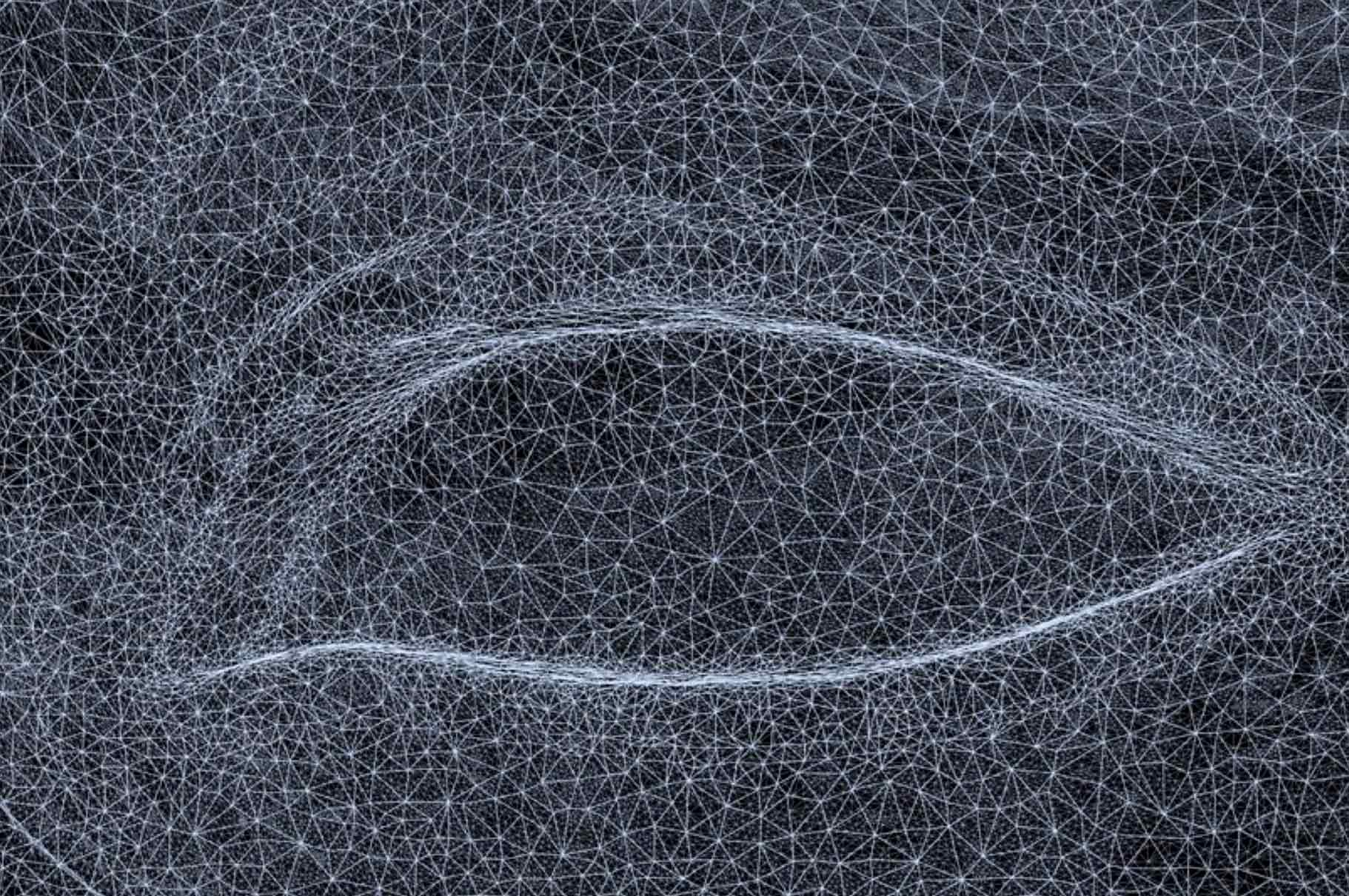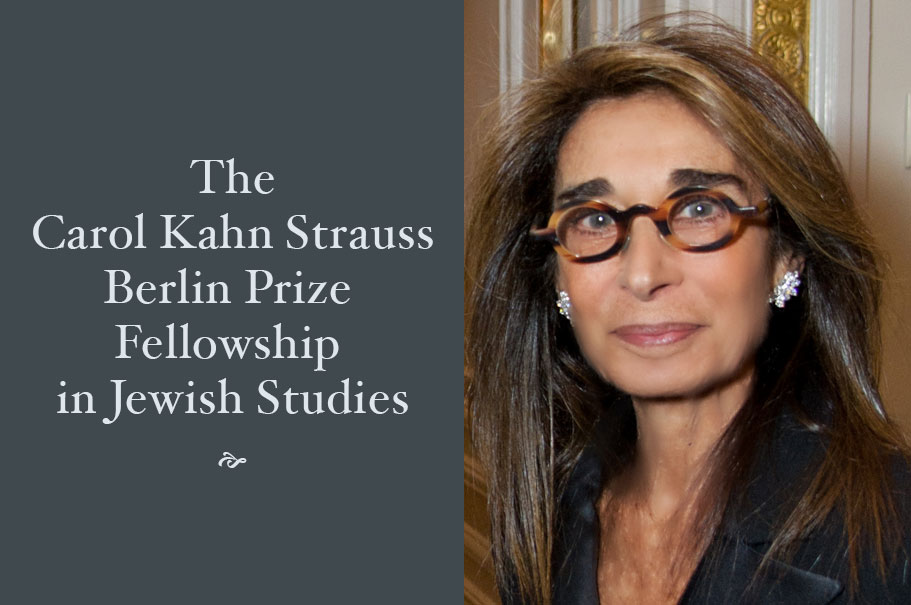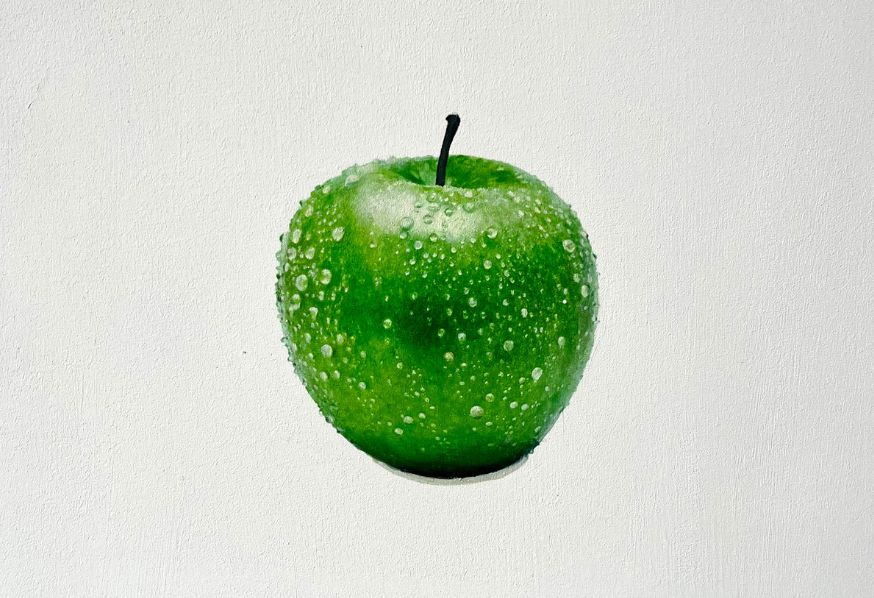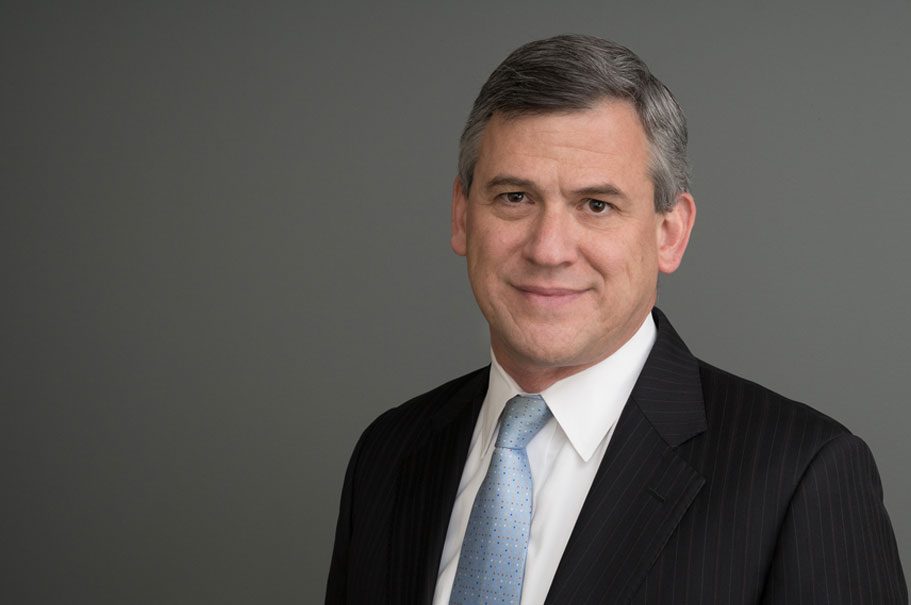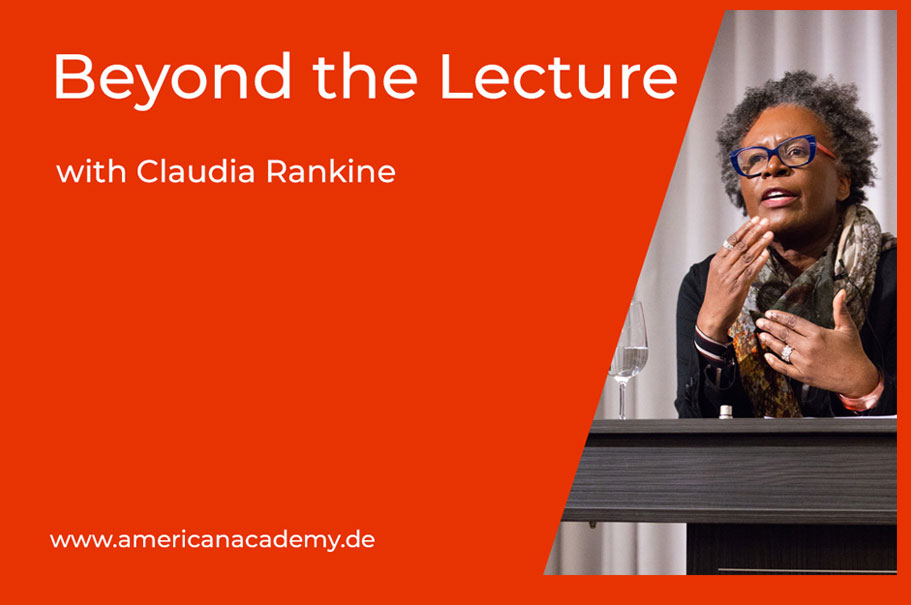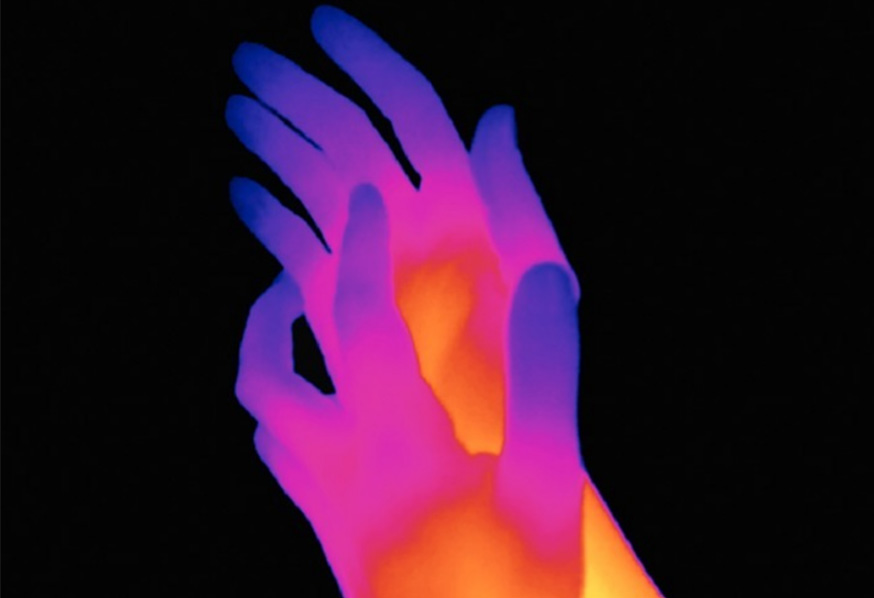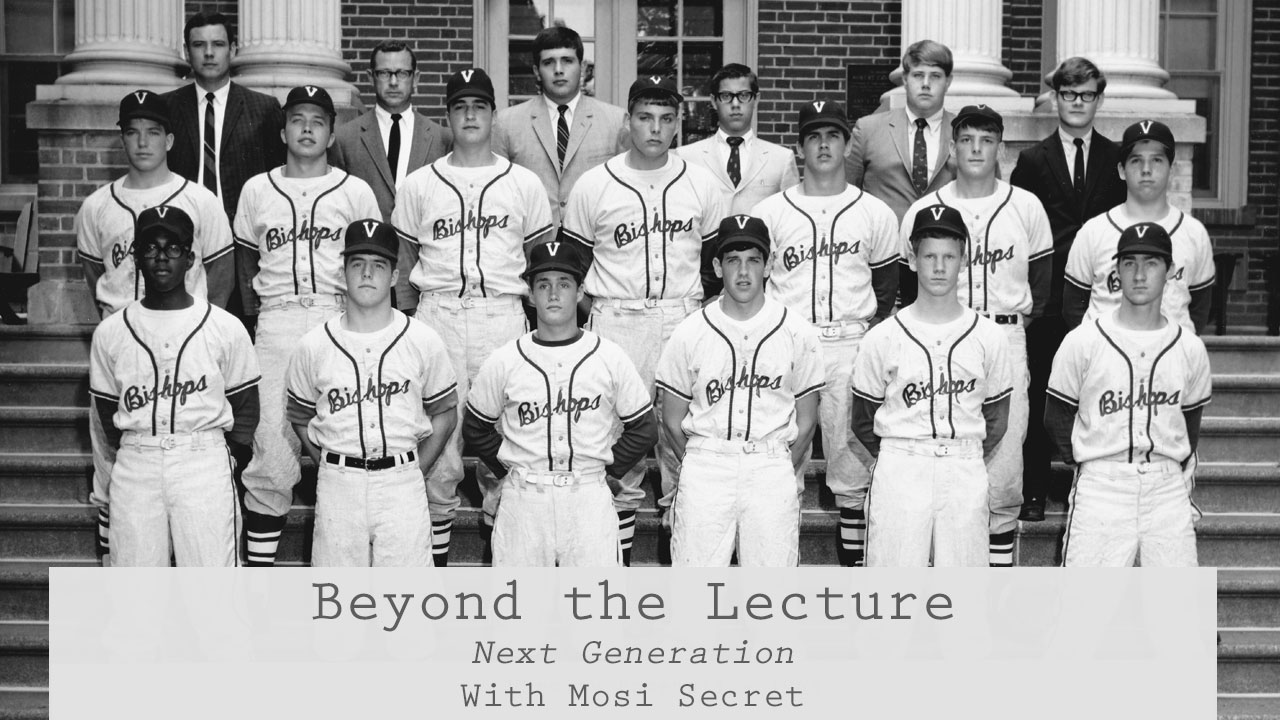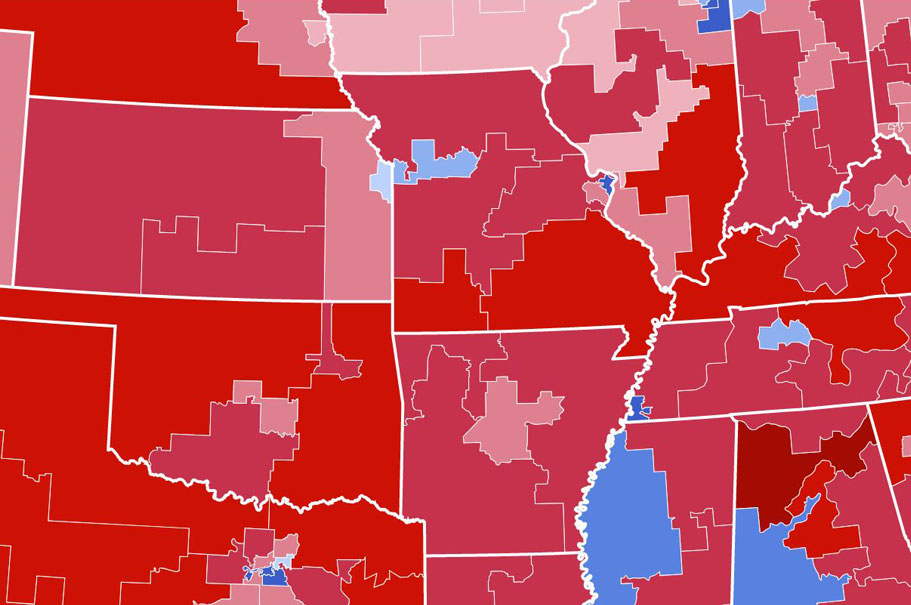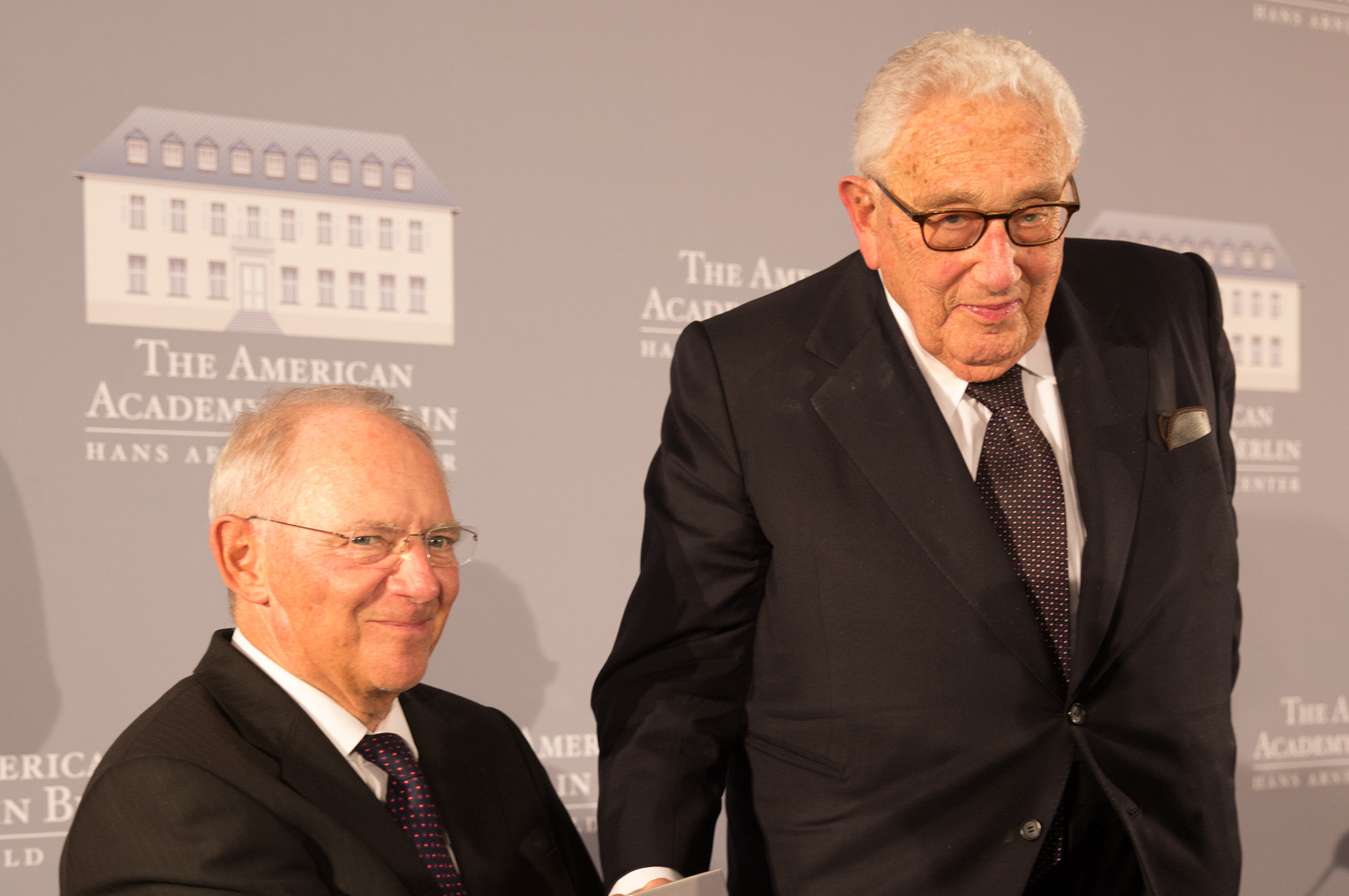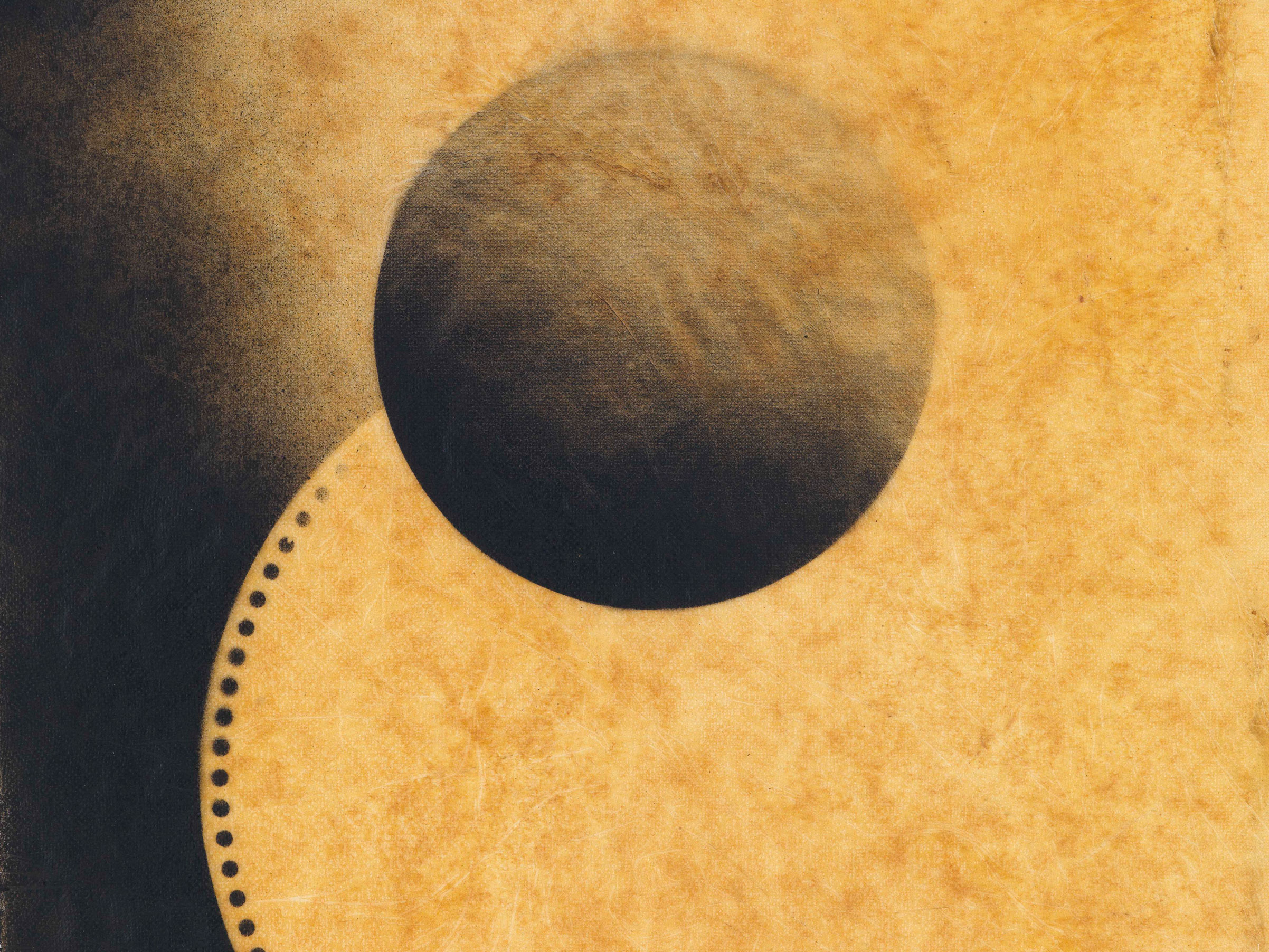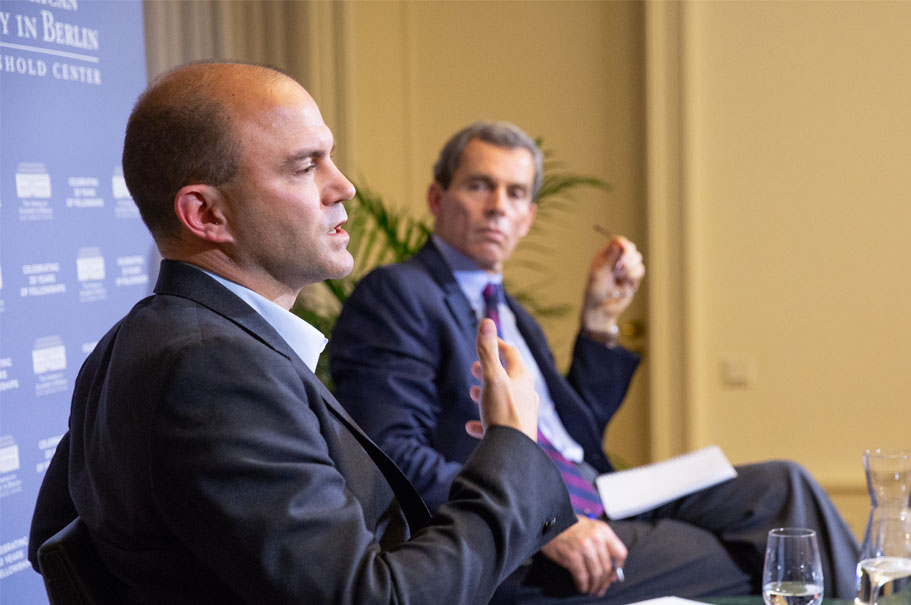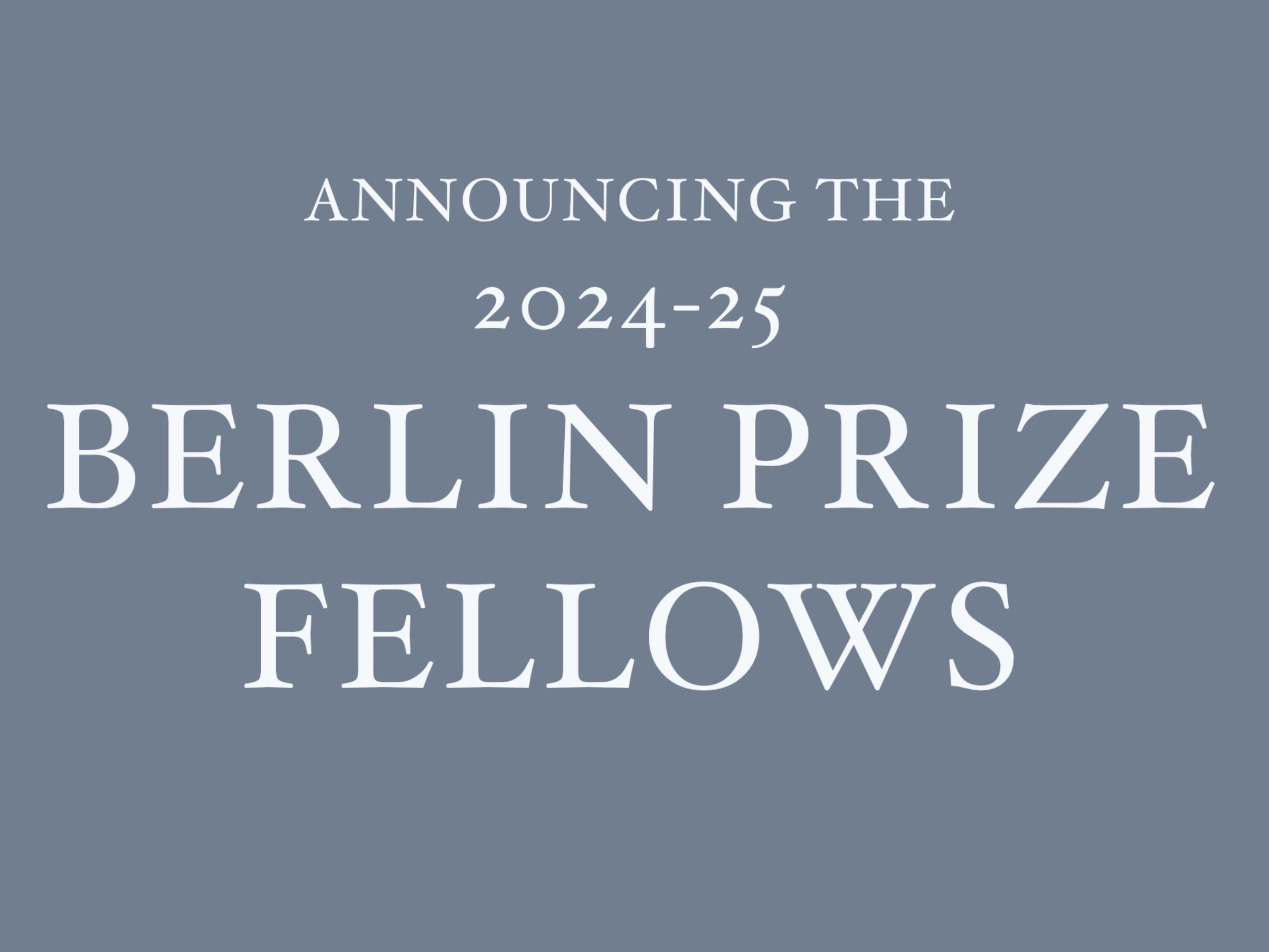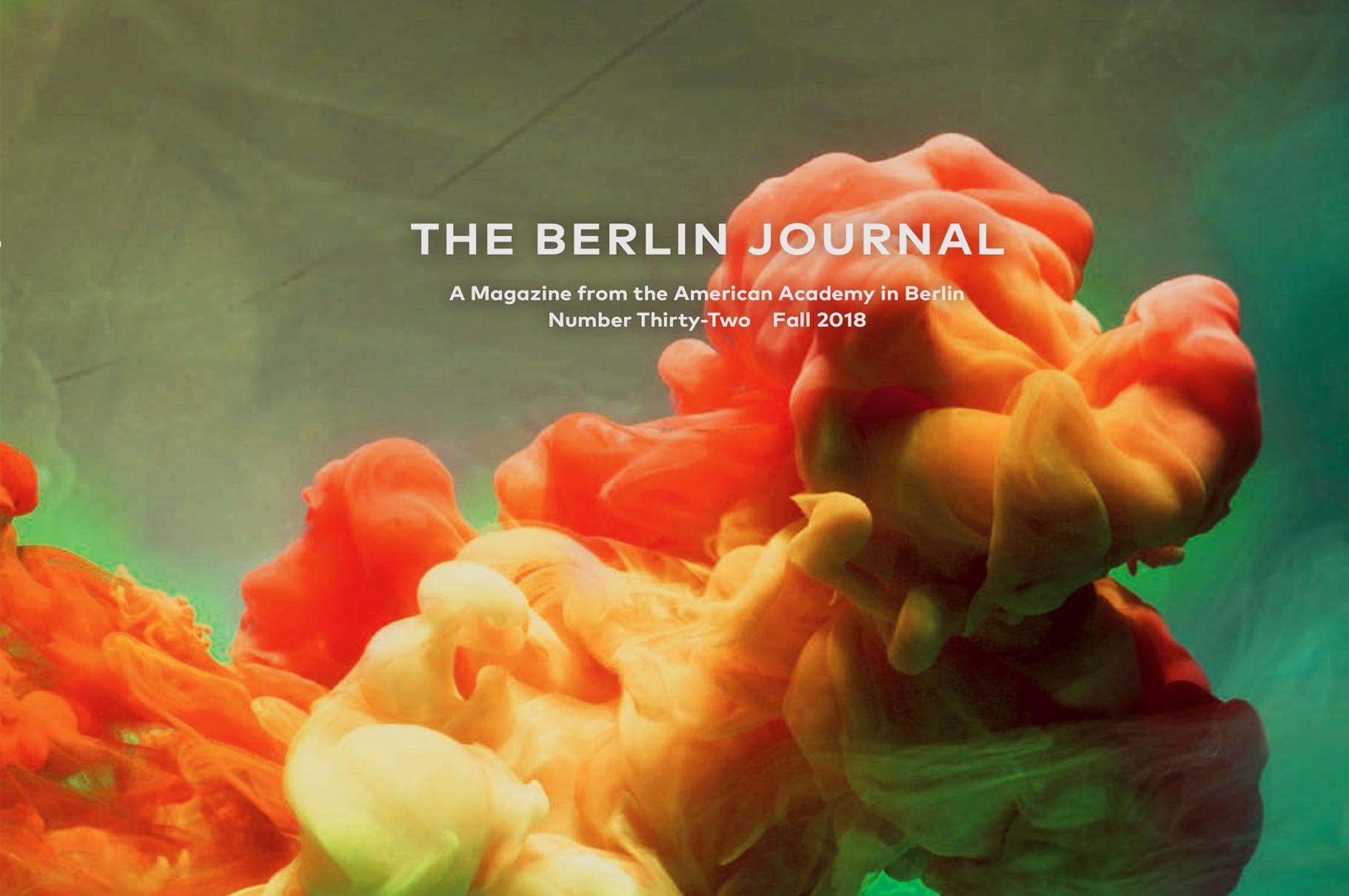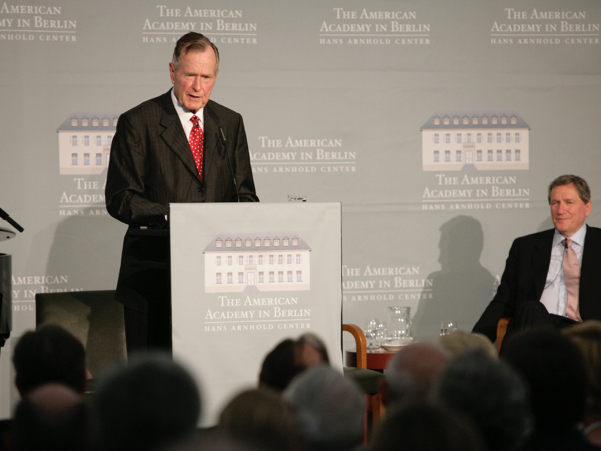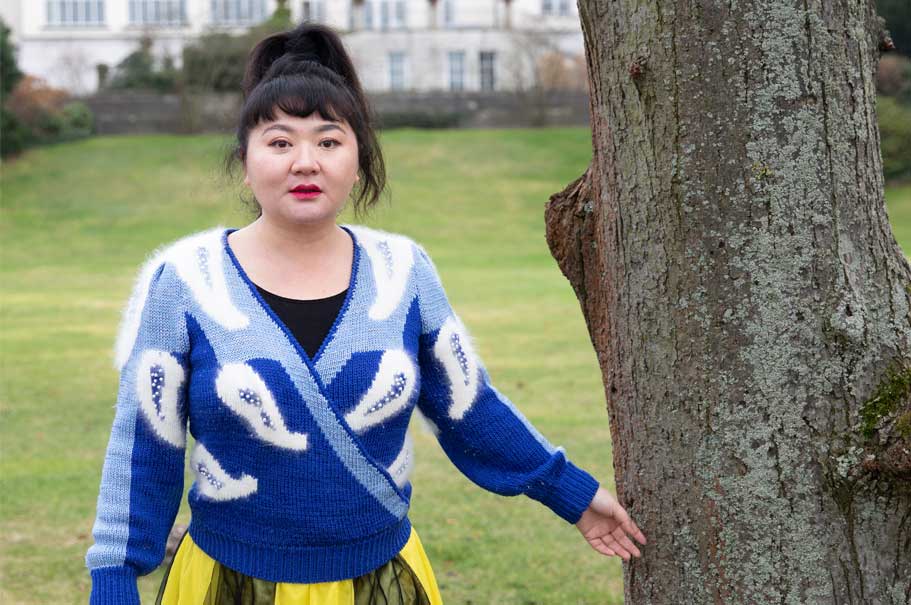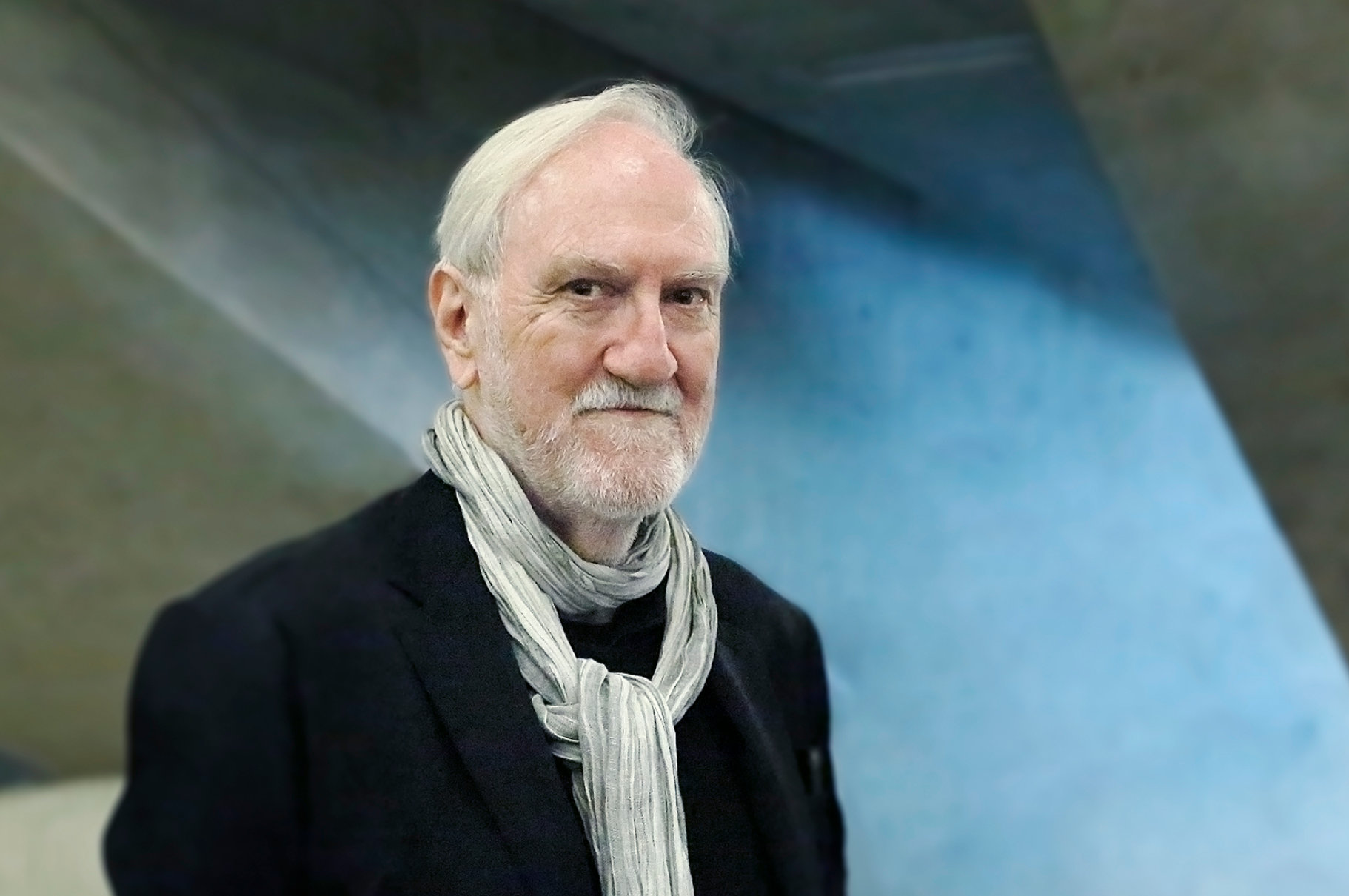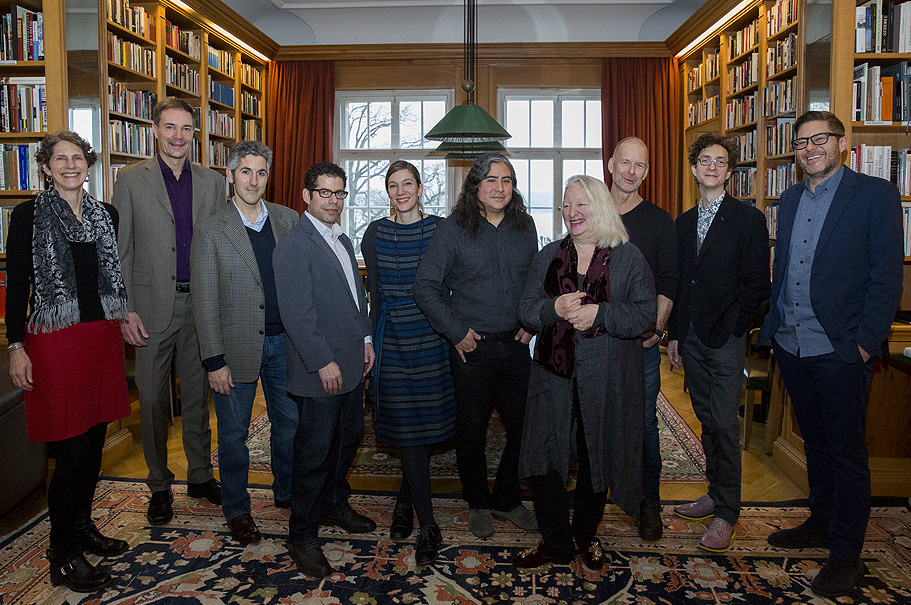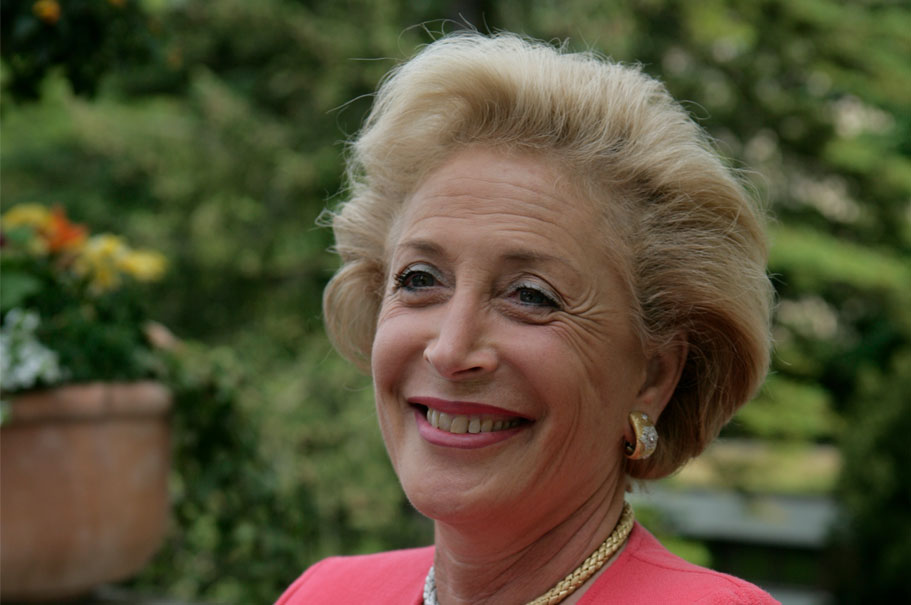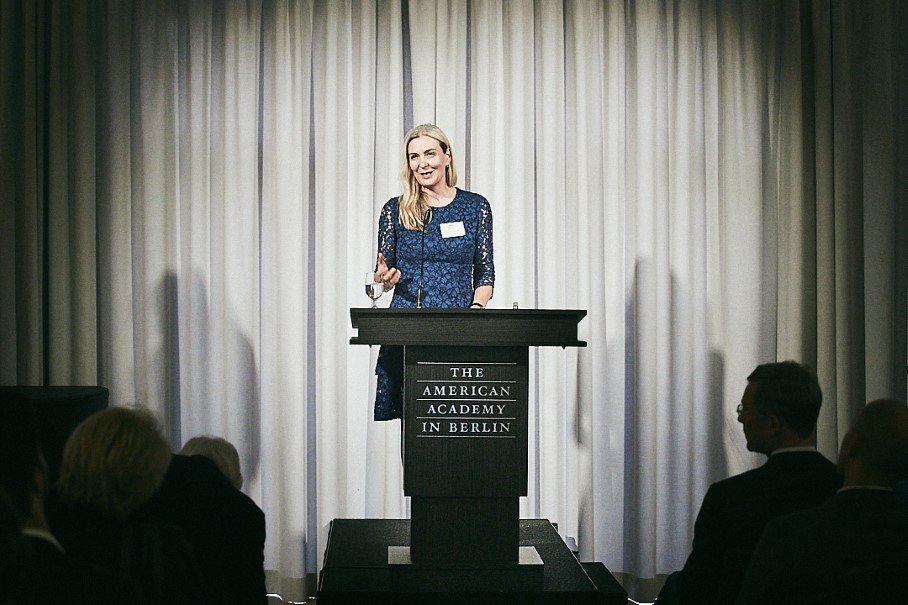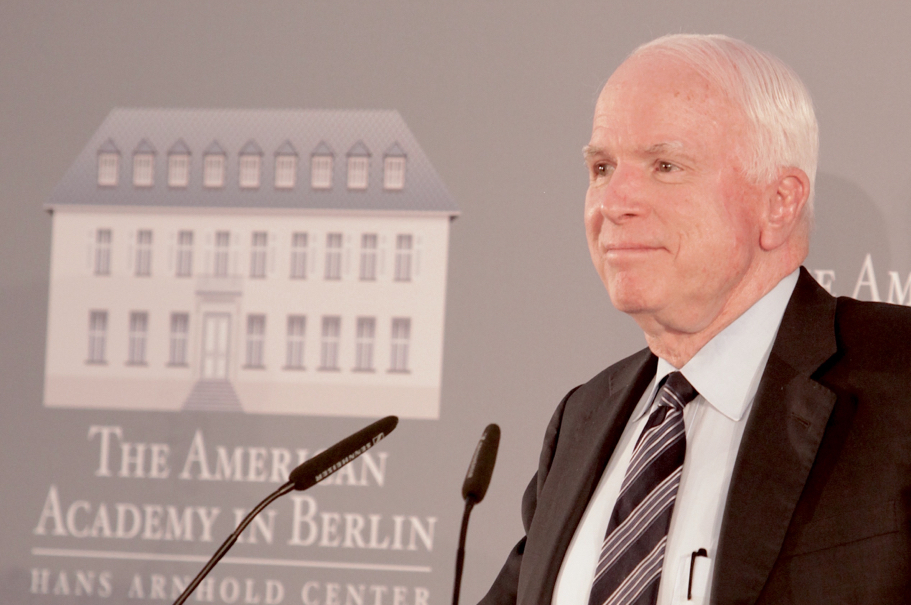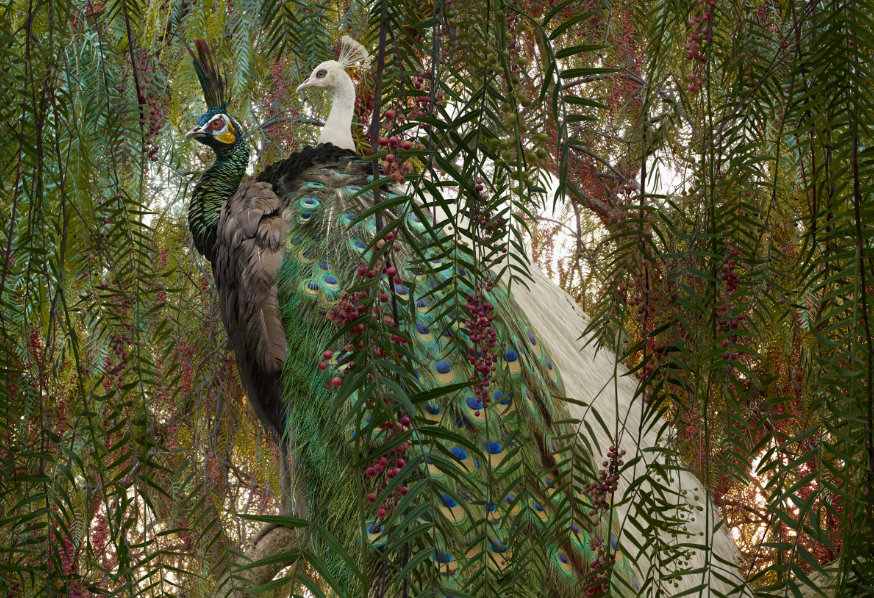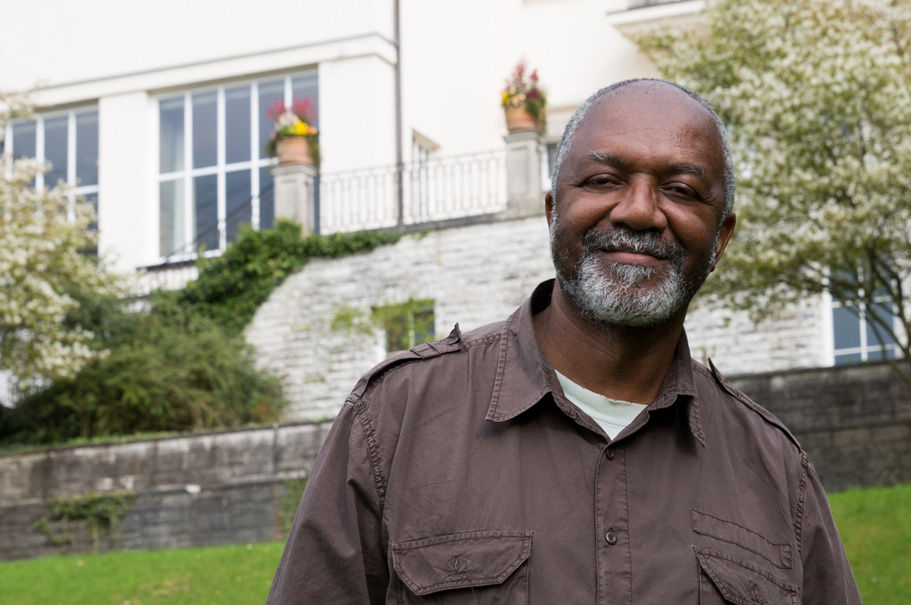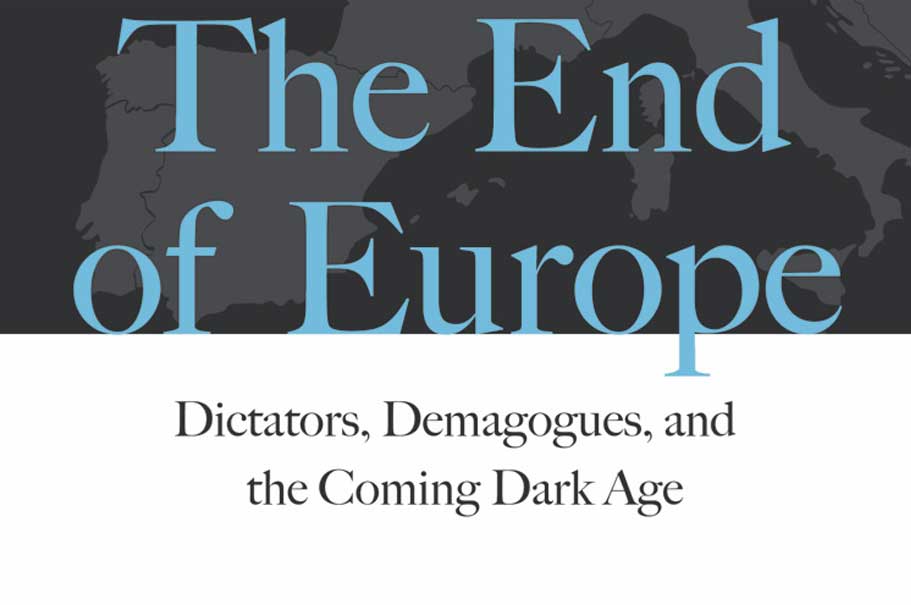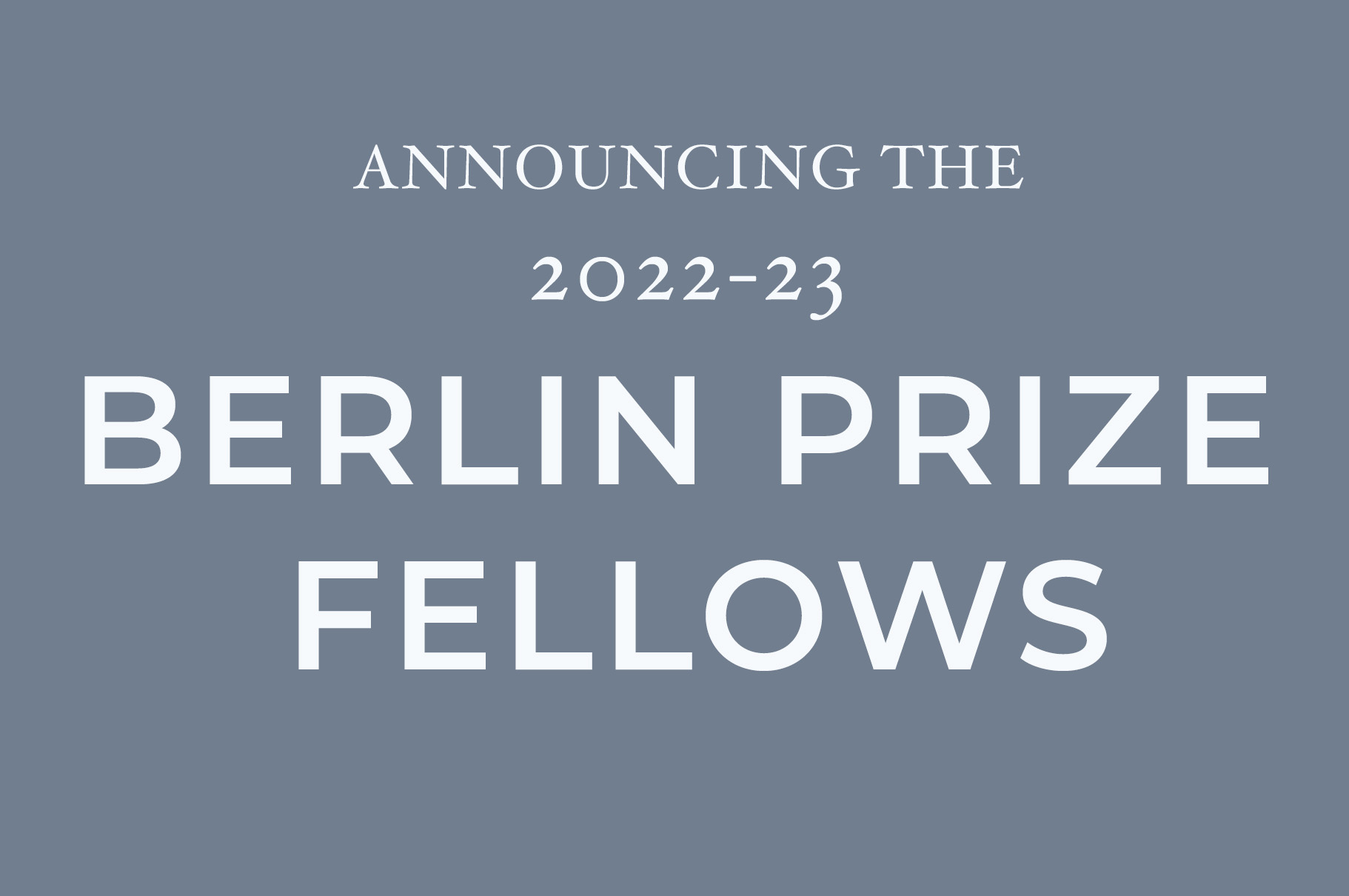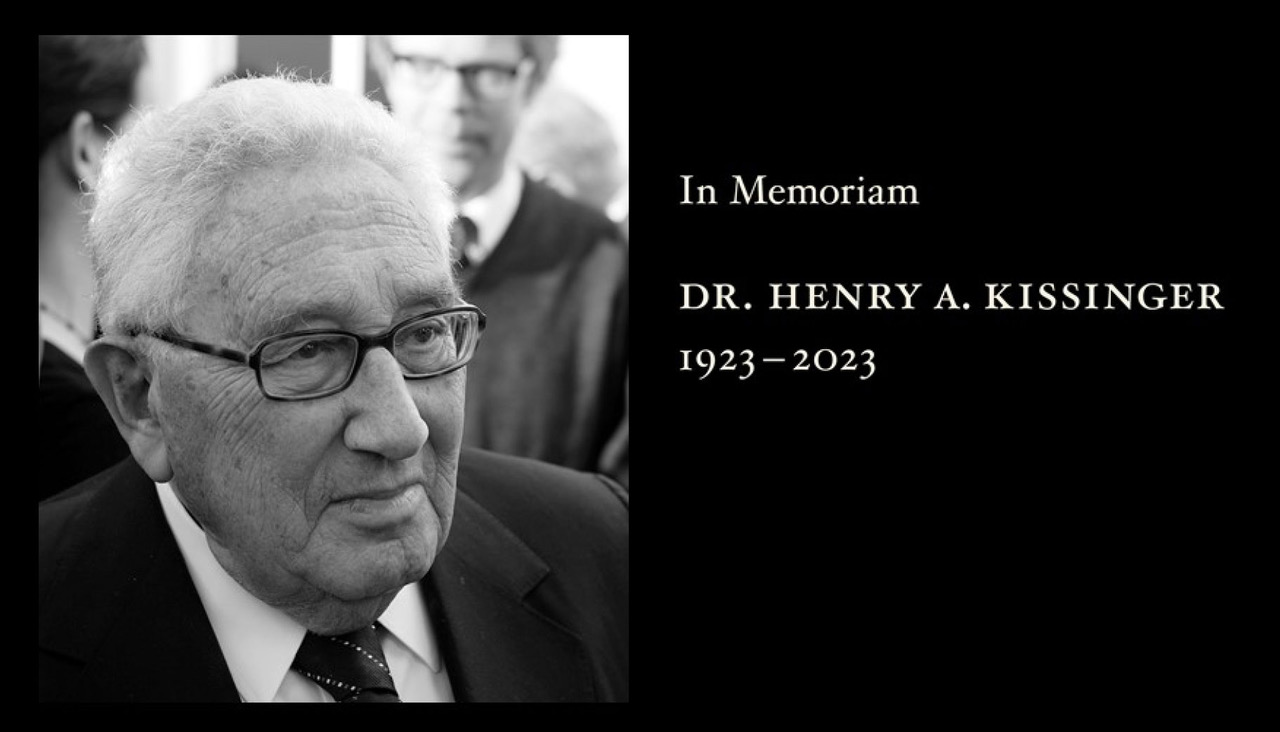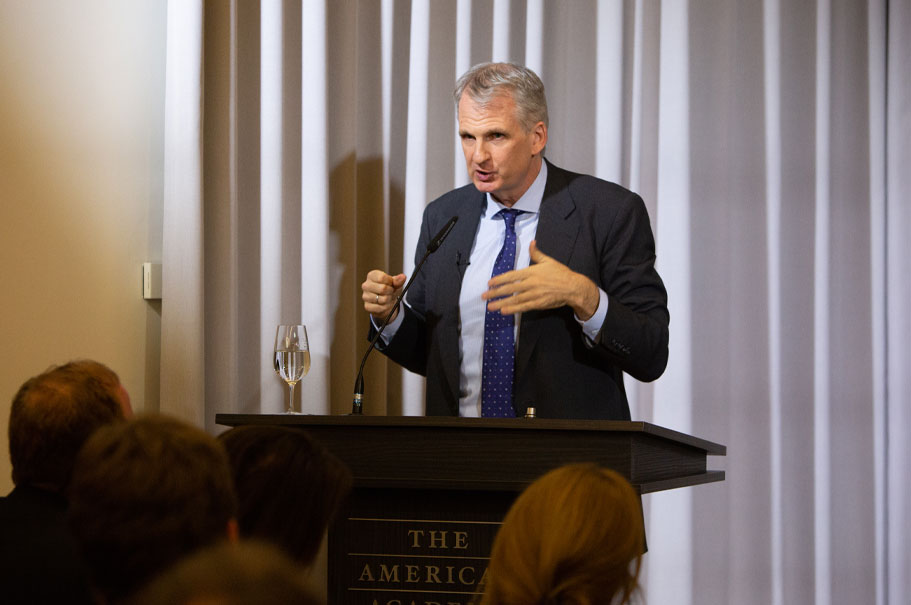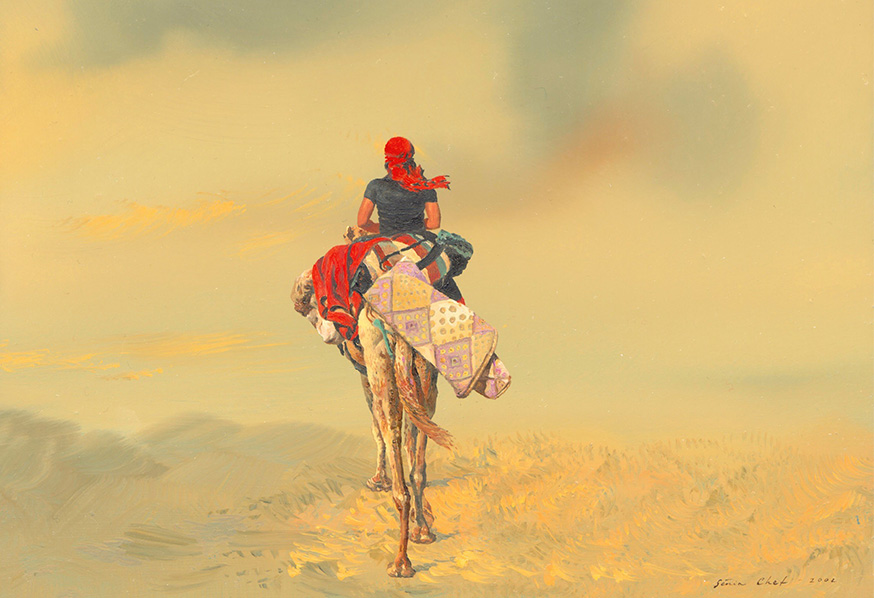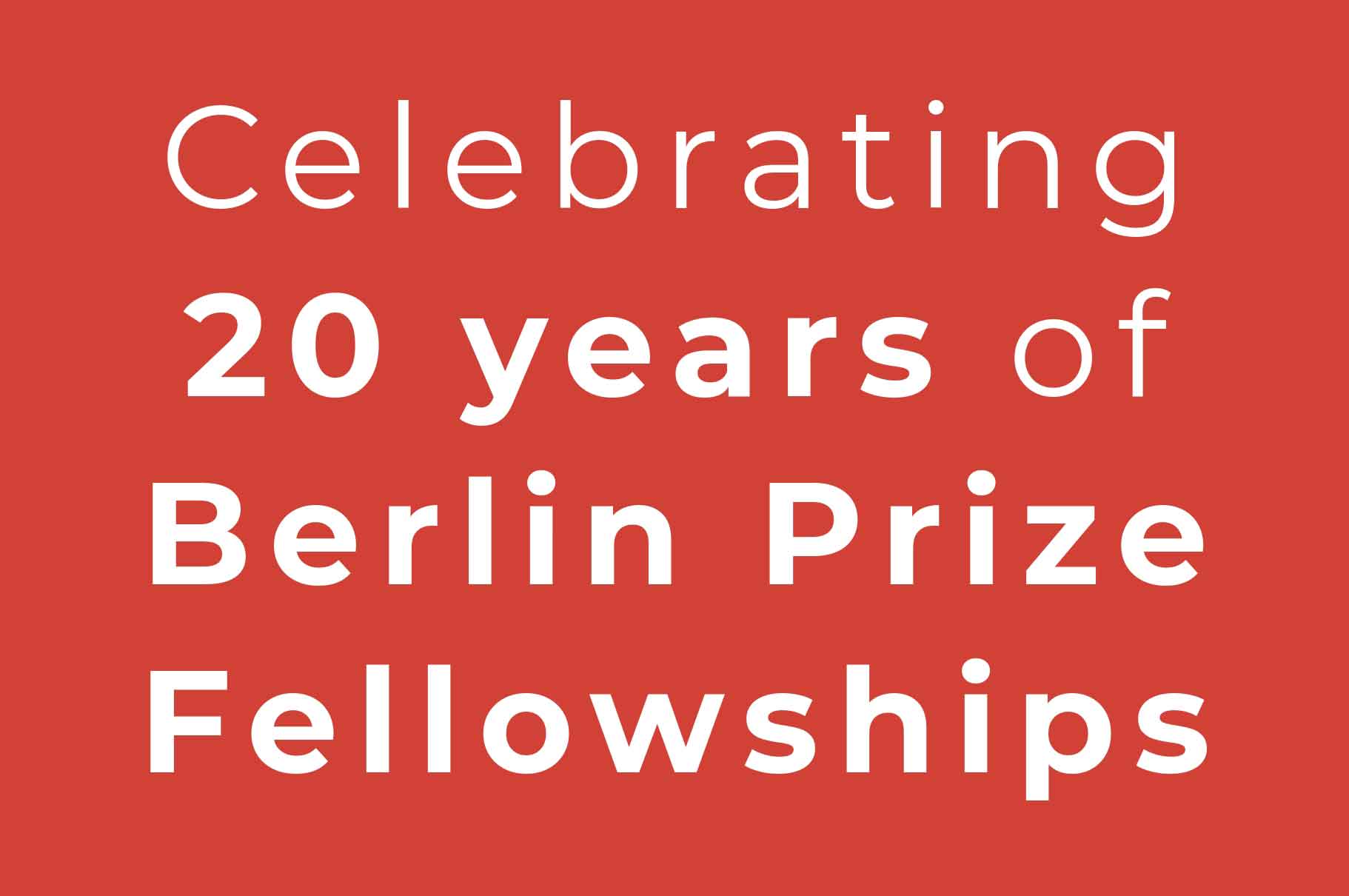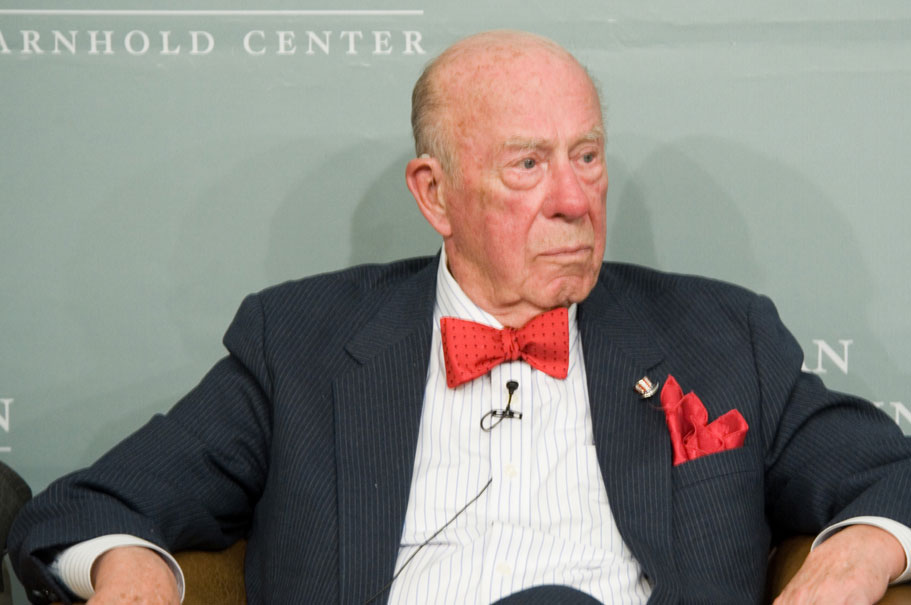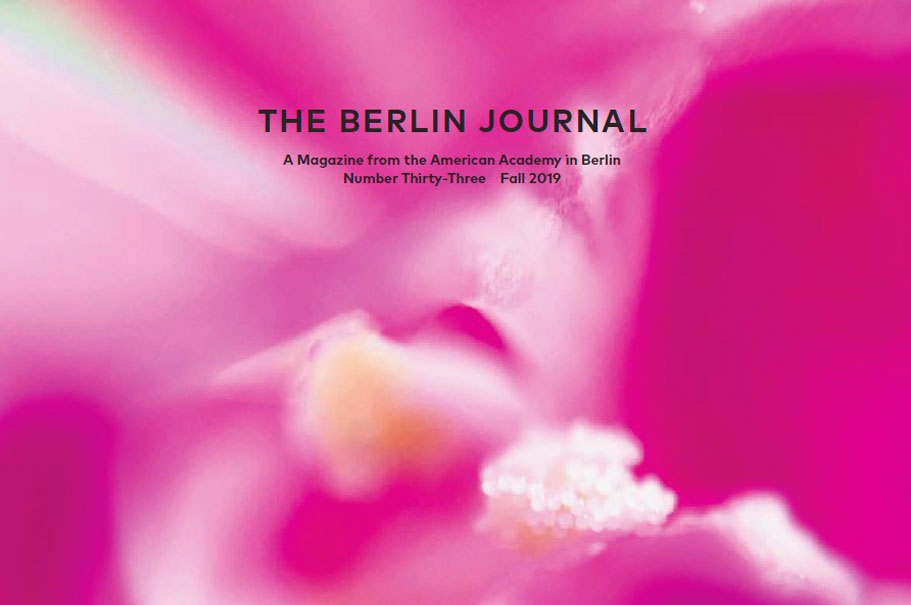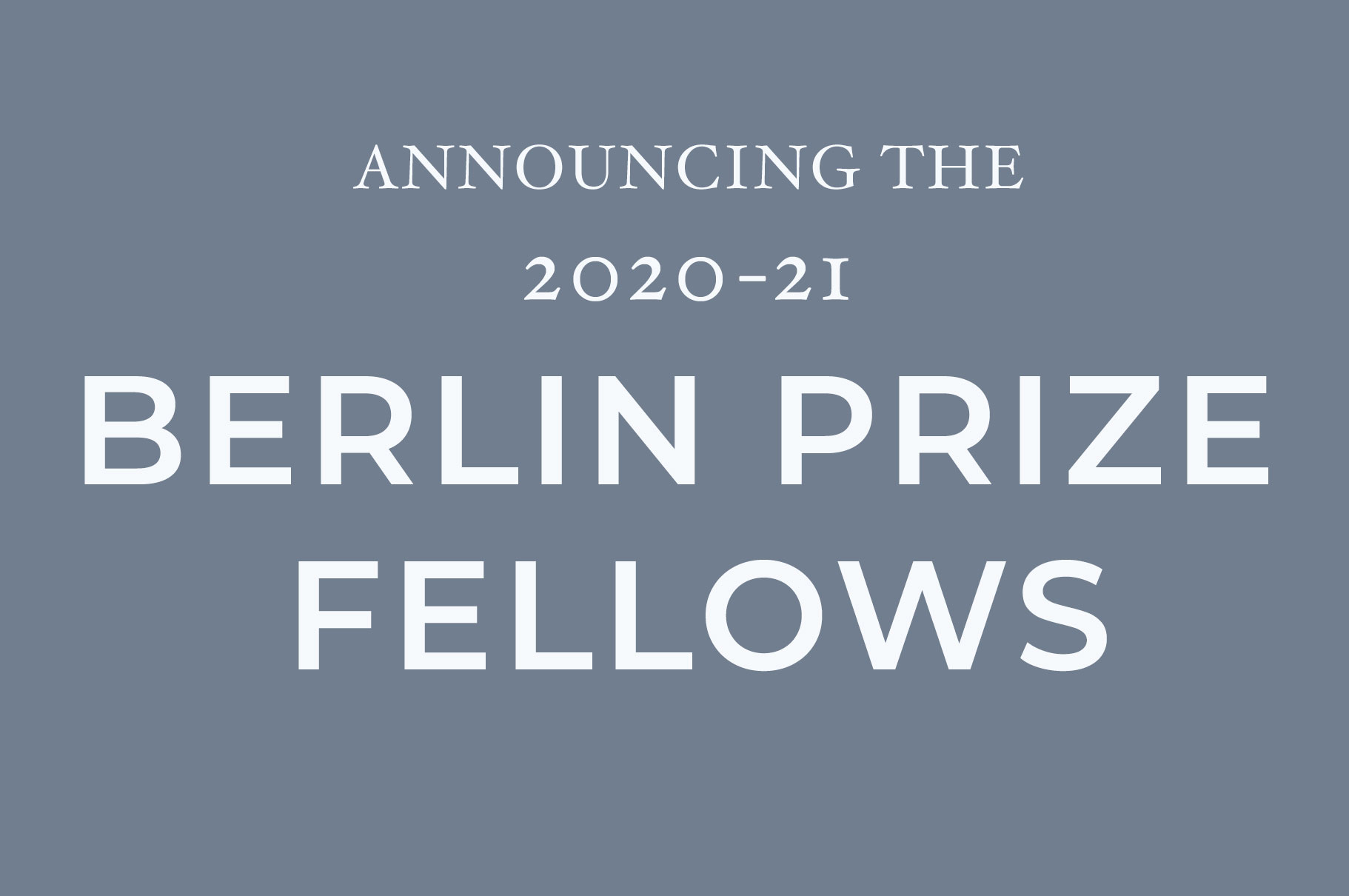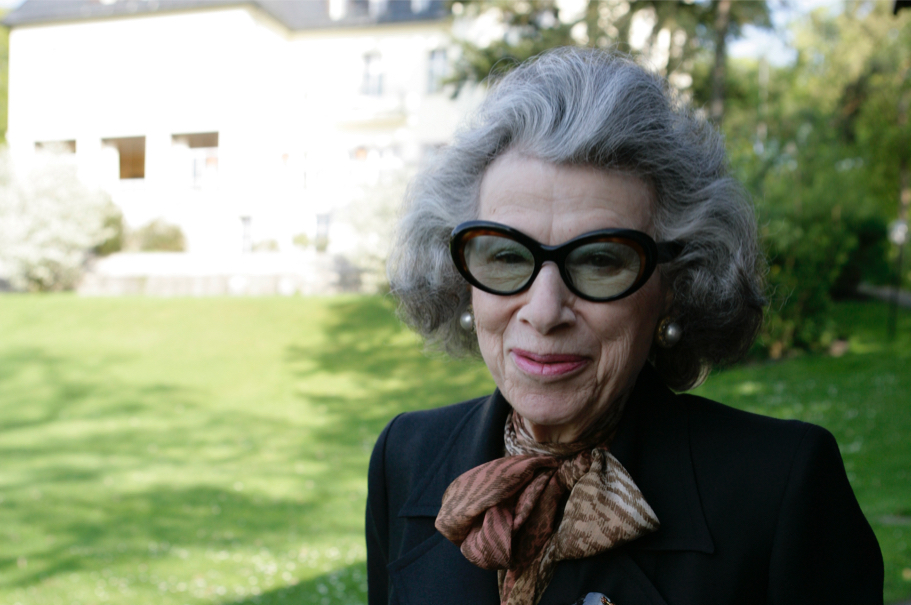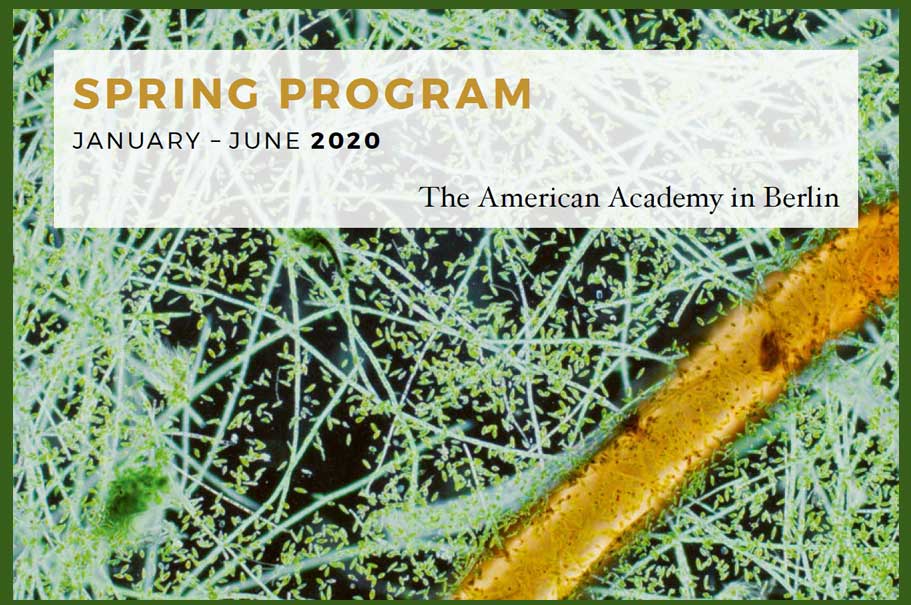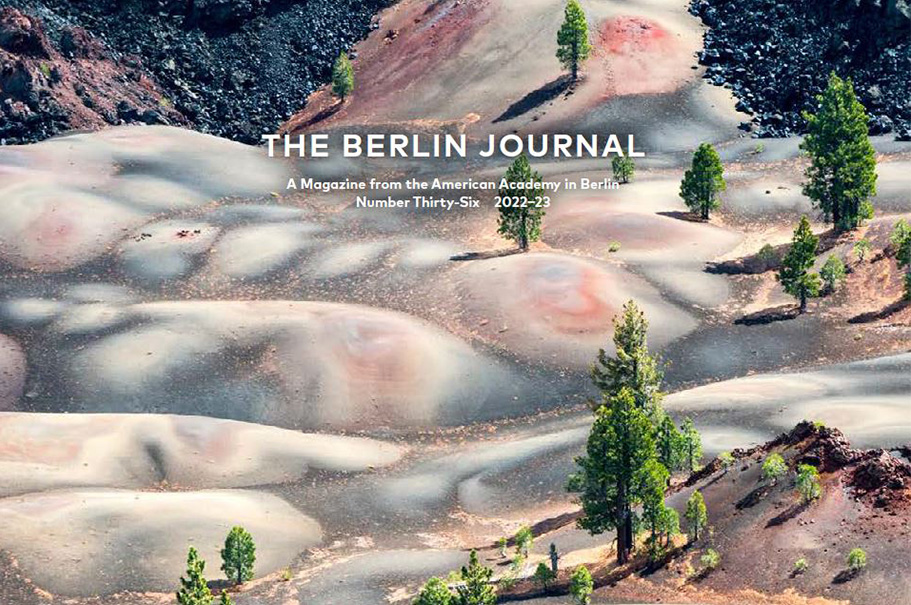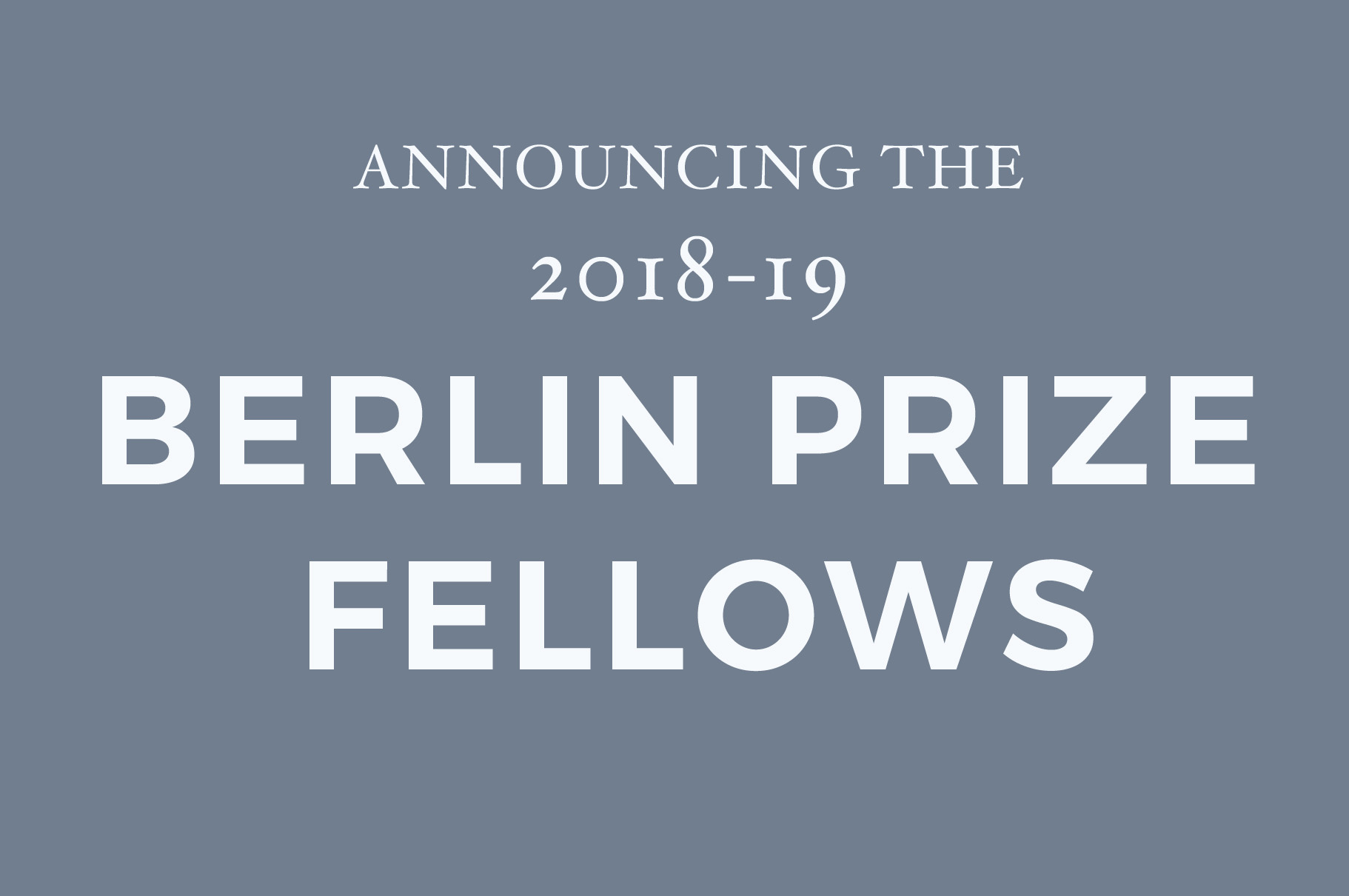
The 2018-19 Berlin Prize
BERLIN—April 25, 2018—The American Academy in Berlin has awarded Berlin Prizes—semester-long fellowships in Berlin—to 24 scholars, writers, and artists for fall 2018 and spring 2019.
Academy president Michael P. Steinberg said: “The American Academy in Berlin welcomed its first fellows in the fall of 1998. With the 2018-19 class, we are proud to celebrate twenty years of bringing outstanding scholars and artists from the US to Germany. Like their predecessors, these new fellows will work on projects at once innovative in their fields and of significant interest to broad public issues and audiences. The personal connections they will make in Berlin with their peers, partner institutions, and the German public will foster transatlantic relations in lasting ways.”
The 2018-19 fellows, who were chosen by an independent selection committee, will explore an array of topics—some, but by no means all, directly related to Germany. Projects include studies of Afro-German Afrofuturism, artistic strategies for resisting surveillance and algorithmic control, and the effects of intellectual property rights on economic growth, as well as a journalistic deep dive into Putin’s Russia. Fellows will also be working on new novels, a screenplay about postwar Verdun, a personal narrative of gender transition, and a multi-movement musical composition that explores the cultural clash between China and the West.
The highly coveted Berlin Prize is awarded annually to scholars, writers, composers, and artists from the United States who represent the highest standards of excellence in their fields. Fellows receive a monthly stipend, partial board, and accommodations at the American Academy’s lakeside Hans Arnhold Center, in Berlin’s Wannsee district.
The Berlin Prize provides recipients with the time and resources to step back from their daily obligations to engage in academic and artistic projects they might not otherwise pursue. The fellows are encouraged to work with local individuals and institutions in the American Academy’s well-established network, forging rich connections and lasting transatlantic relationships. During their stay, fellows engage audiences through public lectures, performances, and readings, which take place at the Academy as well as throughout Berlin and Germany.
(Download a PDF of this announcement in English or German.)
The Fall 2018 Class of Berlin Prize Fellows
P. Carl
Writer; and Distinguished Artist in Residence, Emerson College
Carl became a white man in 2017, after living half a century as a woman, twenty years of which as an artist and essayist in theater. In Berlin, he will work on his book project, Becoming a White Man, under contract with Simon & Schuster, which explores what it means to become a “good man” in an America where art and politics are dominated by white masculinity.
Alexander Galloway
Professor, Department of Media, Culture, and Communication, New York University
In his project “The Crystalline Medium: Computation and Its Consequences,” Galloway looks at the history and culture of computation, broadening the historical focus to include lesser-known nineteenth- and twentieth-century media such as the curious multi-lens cameras of chronophotographer Albert Londe, the algorithms mathematician Nils Aall Barricelli used to create artificial organisms, and the table-top war game developed by filmmaker and philosopher Guy Debord.
Gyula Gazdag
Distinguished Research Professor Emeritus, School of Theater, Film, and Television, University of California, Los Angeles
Gazdag will continue work on his screenplay “Tourist Trip to Hell,” which features a party of young men and women who go on a journey to Verdun and the Somme in 1921. After their car gets stuck, they spend the night on the battlefied, and soldiers of the German, French, and British empires rise from the dead. Following a surreal nighttime encounter, the tourists return to their hotel, in the French town of Metz—yet none of them remember the previous night’s journey.
Yaa Gyasi
Writer, Brooklyn, New York
Gyasi will work on her second novel, in which she explores the psychic costs of immigration on a Ghanaian-American family. In the book, she also delves into the social stigmas surrounding addiction and mental health among Ghanaians and Americans.
Tung-Hui Hu
Assistant Professor, Department of English, University of Michigan
Hu’s project, “Lethargy and the Art of Being Unfit,” investigates the ambivalence of being caught inside digital systems of surveillance and algorithmic control. He terms this feeling “lethargy,” which captures both the user’s disengagement from digital systems and the sense that one can never entirely disconnect. To interrogate this state, Hu considers digital artworks labeled by some critics as passive, boring, or apolitical, in the context of recent developments in media theory and history.
Carina L. Johnson
Professor of History, Pitzer College
Johnson will work on a book entitled “Homefront Experiences of the Habsburg-Ottoman Wars, 1470-1620: Engaging the Hereditary Enemy.” Through the perspectives of both soldiers and citizens, it explores the complex social and cultural consequences of the Holy Roman Empire’s long conflict with the Ottoman Empire—from localities of major and minor imperial cities to secular and episcopal principalities, nominally subject territories, and Habsburg-controlled lands.
Priscilla Layne
Assistant Professor, Department of Germanic and Slavic Languages and Literatures, University of North Carolina at Chapel Hill
Layne will work on her second book, Out of this World: Afro-German Afrofuturism, under contract with Northwestern University Press, which focuses on Afro-German authors’ use of Afrofuturist concepts in literature and theater, from the poetry of Philipp Khabo Köpsell to the plays of Olivia Wenzel and Simone Dede Ayivi. Layne argues that Afro-German artists have increasingly engaged with Afrofuturism in order to critique Eurocentricism, uncover German racism, rewrite the past, and imagine a more positive future for black peoples.
Rosalind Morris
Professor, Department of Anthropology, Columbia University
Based on nearly twenty years of field research, Morris’s project analyzes transformations in the social worlds of South African gold mining from 1994, when the country held its first democratic elections, and traces the effects of de-industrialization up until the present global migration crisis. Through collaborative filmmaking with undocumented migrants and itinerant miners, Morris has created a growing archive of subterranean life in the mines that, she argues, can help us forge more humane and informed responses to the rising nationalisms caused by migration.
Haun Saussy
University Professor, Comparative Literature, Committee on Social Thought, and East Asian Languages and Civilizations, University of Chicago
Saussy’s book project, “The Nine Relays: Laying the Ground for a Comparative History of East Asian Literatures,” focuses on the overlapping literary worlds of East Asia before 1800. It will serve as a single-author prologue to a multi-author, multi-volume study of historical relationships among premodern East Asia’s languages, literatures, and cultures, which will highlight the region’s cosmopolitan character before the current dynamics of globalization got underway.
Joshua Yaffa
Moscow Correspondent, The New Yorker
Many think of today’s Russia as a country held captive by Vladimir Putin, a dictator interested only in his own power and profit. In Berlin, Yaffa will work on his book on Russia in the Putin age, under contract with Tim Duggan Books, in which he argues that the authoritarian system Putin controls is, in fact, made possible by the business and political compromises of the country’s citizens. To show how and in which ways, each chapter will focus on one aspect of the Putin state—the media, the church, Chechnya—as seen through the narrative lens of one person’s life.
The Spring 2019 Class of Berlin Prize Fellows
Jennifer Allen
Assistant Professor, Department of History, Yale University
In Berlin, Allen will examine the range of possible global catastrophes that captivated imaginations in both East and West Germany during and after the Cold War. She will then explore the different approaches each country took to hedge against these disasters by archiving a wide array of materials and data. By tracing the evolution and gradual cross-pollination of these two projects, Allen sheds light on the question of how contemporary Germany aimed to salvage humanity after global destruction, and literally “save the world.”
Emily Apter
Silver Professor of French and Comparative Literature, New York University
Apter’s project is both a political theory of translation and an investigation into what a “just” translation is. She seeks to define “translational injustice,” for example, by exploring contemporary cases with political resonance: the problematic translation of “unsafe spaces,” gender violence across languages in the communication of the 2015 New Year’s Eve sexual assault case in Cologne, the untranslatability of “refugee” and “migrant,” and the political philology of the word “settlement” (in relation to detention zone, or camp).
Jesse Ball
Writer; and Professor, Creative Writing Program, School of the Art Institute of Chicago
Ball will continue work on his next novel, “The Children VI,” about a world in which all people older than twelve have died, which is set right after this mass death has occurred. The narrative follows the actions of a boy and his blind sister as they travel through a city trying to find their way to safety. To help his sister navigate her way, the boy explains all he sees.
Fred M. Donner
Peter B. Ritzma Professor of Near Eastern History, The Oriental Institute and Department of Near Eastern Languages and Civilizations, University of Chicago
Donner will be working with seventh-century CE papyri in the collection of the National Museums in Berlin, and early-Arabic papyrus fragments from the Austrian National Library. Findings based on his examination of this and other documentary evidence will contribute to a fuller and more vivid historical reconstruction of the earliest origins of Islam.
Jared Farmer
Professor, Department of History, Stony Brook University
In his project The Latest Oldest Tree: Survival Stories for a Time of Extinction, under contract with Basic Books, Farmer brings together the history of trees and the science of longevity to contemplate the ethics of long-term thinking in the Anthropocene. Climate change, he argues, requires thinking and caring far beyond the present moment, beyond individual lives, and even beyond the lives of species. For all recorded history, trees have helped people think in such ways.
Peter Holquist
Ronald S. Lauder Endowed Term Associate Professor of History, University of Pennsylvania
Holquist will explore the emergence and consolidation of the international law of war in the late nineteenth and early twentieth century, focusing on the key role played by Imperial Russia. His project traces how international law emerged as a discipline there and measures the extent to which its normative principles shaped actual policy, based on three case studies: Bulgaria and Anatolia from 1877-78; Manchuria during the Boxer Rebellion from 1900-01; and Galicia and Armenia during the First World War.
Paul La Farge
Writer, Red Hook, New York
La Farge will work on “Way Out,” a collection of short stories linked by themes of confinement and escape. The book also looks at Carl Hagenbeck’s invention of the modern zoo—the likely impetus behind Kafka’s story “A Report to an Academy,” which inspired La Farge’s own musings for this collection.
Martin Puchner
Byron and Anita Wien Professor of English and Comparative Literature, Harvard University
Puchner will write a history of Rotwelsch, a thieves’ argot spoken in Central Europe from the late Middle Ages to the early twentieth century. Admired by Franz Kafka as an extreme verison of Yiddish, Rotwelsch persisted underground for five hundred years, at the intersection of vagrancy and the state. Puchner’s project is also personal: his uncle bequeathed to him an archive of literary works he was translating into Rotwelsch, and his grandfather was a Nazi historian railing against the “subversive” dialect.
Ronald Radano
Professor of African Cultural Studies and Music, University of Wisconsin-Madison
Radano will undertake a close analysis of the colonial-era African recordings of the Phonogram Archive at Berlin’s Ethnographic Museum, combing through roughly 2,500 phonographic cylinders of African performances produced in Africa and in Berlin prior to 1918. By observing the sources in the context of European-African colonial relations and against the background of Western ideas of race, Radano aims to rethink the history of black music as a transnational concept, linking Germany and Africa to the US and the world.
Lucy Raven
Artist; and Assistant Professor of Art, Cooper Union School of Art
Lucy Raven’s multidisciplinary practice focuses on images of work and image production. Using animation, the moving image, still photography, installation, sound, and performative lecture, Raven encourages the viewer to “slow down the process of looking,” and interrogates global industrial systems and technologies.
Hermann Mark Schwartz
Professor, Department of Politics, University of Virginia
Schwartz will be looking at the economic reasons behind increased ethno-nationalist, anti-immigrant, anti-system parties in wealthy OECD countries. He argues that increased inequality and decreased job opportunity are predicated on new strategies of corporate profiteering: purchasing intellectual property rights (IPRs) and splitting production chains into subfirms. The global system that incorporates these strategies, while indeed increasing profits, also drives up wage inequality, investment aversion, tax evasion, and depresses consumer purchasing power. Schwartz’s analysis aims to inform policy solutions for better, faster, fairer growth.
Prerna Singh
Mahatma Gandhi Associate Professor of Political Science and International Public Affairs, Brown University
Singh will be working on a book that melds comparative politics, historical sociology, and public health to explore why polities with similar epidemiological, socioeconomic, and demographic conditions have been characterized by strikingly different levels of effectiveness in countering equivalently severe challenges posed by a disease. In contrast to dominant social science approaches, she argues that health interventions are more likely to elicit popular support if they are framed as cognitively aligned with prevailing cultural etiologies, rituals, and medical treatments for the disease; embedded in affective appeals such as nationalism; and communicated to local populations by authoritative institutions.
Wang Lu
Composer and Pianist; Assistant Professor of Music, Brown University
Wang will work on a multi-movement composition inspired by the replicas of iconic European landmarks—the Eiffel Tower, French boulevards, Venetian canals, Dutch windmills, and so on—that have been erected in the suburbs of large Chinese cities. The piece reflects the sonic simulacra of Europe and East Asia by fusing sounds of, for example, Venetian gondola songs and Korean pop, Shanghai nightclub music and alphorns, Parisian soundscapes and local Chinese opera. Between each movement, a short announcement of a current slogan of Chinese political propaganda is read aloud by two musicians, one in Chinese and one in a foreign language, interjecting the real world into an otherwise otherworldly soundscape.

